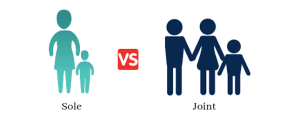What is neurodivergence?
Neurodivergent means in layman’s terms that a person’s brain works differently, including their processing of sensory input and output. Neurodivergent children may have conditions such as autism spectrum disorder, sensory processing disorders, apraxia, dyslexia, bipolar disorder, and attention deficient disorder. Neurodivergent people also tend to be visual thinkers and innovators, and they contribute significantly to our society.
Scientist, autism advocate, and best-selling author Temple Grandin wrote many books on her life experience as a neurodivergent person, which include stories about how challenging traditional school and day-to-day life was for her.9 Grandin emphasized the need for children to have hands-on learning experiences: “We need to be getting kids out working on real things. We got water systems falling apart, electrical wires falling out and causing fires. There’s all kinds of practical problems we need to be solving and visual thinkers are really good at that.”10
 Illinois Divorce Lawyer Blog
Illinois Divorce Lawyer Blog




